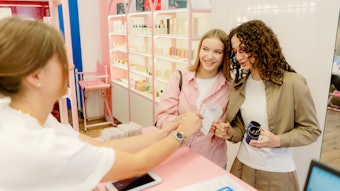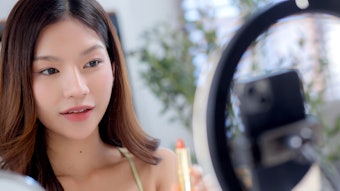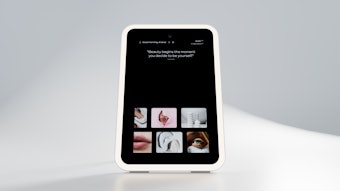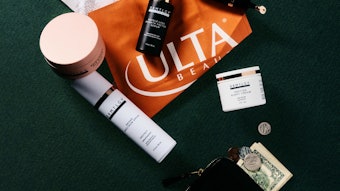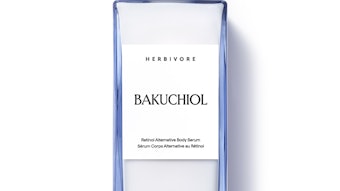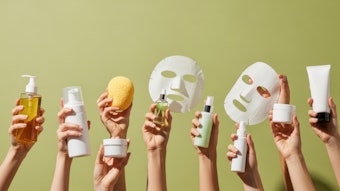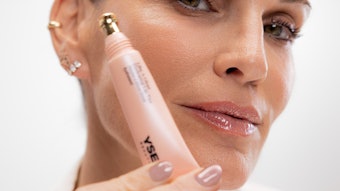The beauty industry, like so many other consumer sectors, is betting heavily on emerging markets, according to Diagonal Reports. The Africans and Asians who are entering the consuming middle classes represent one of the biggest opportunities in global business, and increased demand for products and brands here will drive growth and compensate for sluggish sales elsewhere.
For more than 15 years, Diagonal Reports has been researching changes in product demand and consumer behavior in emerging markets. Nigeria and Saudi Arabia, just two of the many countries it has been tracking, indicate the possible directions and resulting opportunities of the hair and skin care market in Africa and the Middle East. They are important new markets not only in their own right but also as gateways to the key regions of west Africa and the greater Middle East. These economies have grown very strongly. Nigeria is now the continent's largest economy, and Saudi Arabia accounts for over a quarter of the Arab world's GDP. (Estimates of market sizes vary widely, but each beauty market could be worth well in excess of $1.5 billion.)
These countries are home to many millions of new consumers. Nigeria is the most populous country in Africa, with one out of every four sub-Saharan Africans being Nigerian. Saudi Arabia alone accounts for over 60% of the population of the Gulf Cooperation Council. The populations of these countries and regions are very young and—if the beauty houses win them now, it would help guarantee a consumer base for many years to come. It is calculated that 40% of Nigerians are under 15 years, while almost 60% of the Saudi Arabian population is under the age of 20.
Additionally, regimes and beauty cultures that dictate product demand vary significantly by country. Because these are fast developing markets, Diagonal Reports continuously interviews area beauty experts to find out what brands are being used and to keep abreast of changes in consumer behavior. To guarantee the quality of its data, Diagonal Reports conducts all its interviews in the experts' workplaces in Nigeria and Saudi Arabia.
Accordingly, Diagonal Reports notes that every industry source it has interviewed in cities like Lagos and Riyadh agrees that appearance consciousness, which is at an all-time high, is increasing their sales. Service (offices, retailing) industries are expanding the number of jobs where image (“looking good”) is all important. It is the young and working women now becoming wage earners and consumers who are behind these exponential growth rates. This societal change is most pronounced in Saudi Arabia where women now account for a small percentage (approx 6%) of the labor work force but more than half of students at third level.
Also, the beauty experts Diagonal Reports consults in all emerging markets insist their customers demand specific formulations to suit their unique hair types and skin tones. They want products formulated “for me”—that is, which not only take their culturally specific concepts of beauty into account, but also allow for other key factors such as climate, pollution and, critically, purchasing power. These beauty buyers also prize product innovation. They are suspicious of dumping. Consumers are resentful that outdated brands are now (or may be) offloaded on to them. Retailers in cities as far apart as Abuja and Jeddah (and all emerging markets) explain that foreign travel and the internet have transformed levels of brand awareness and knowledge—especially among the trendsetting urban young.
In regard to specific market gaps for hair and skin products, Diagonal Reports sees that hair care presents a huge opportunity in Africa. Africans spend proportionally more per capita on hair care than their American or European counterparts. Their unique and complicated hair styling regimes require a wider range of products. Damage is also a major issue with African type hair and with Saudi Arabian women because of products used and the practice of covering their hair with veils. These consumers also want products formulated for skin lightening and pigmentation and pore problems.
